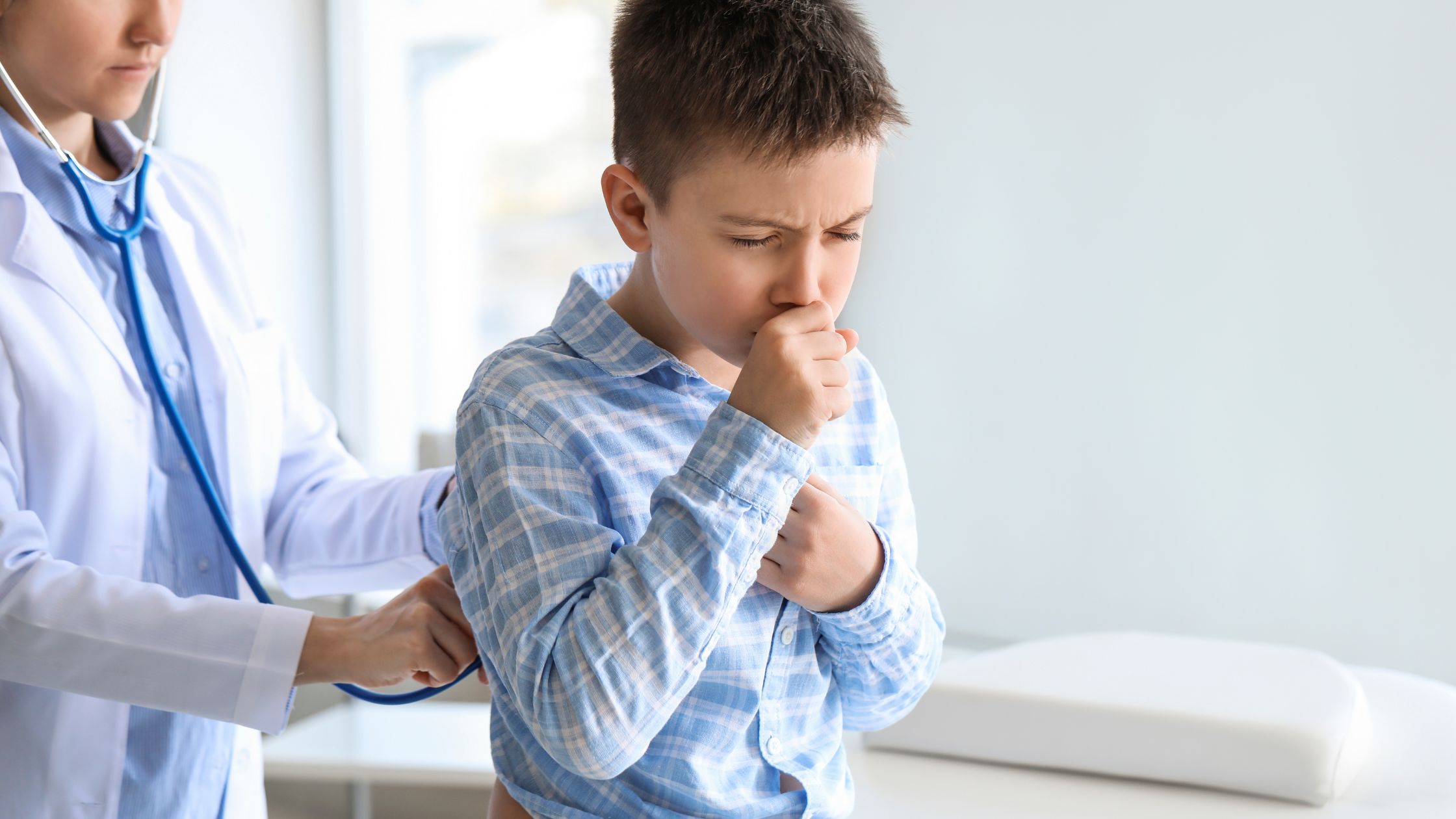Respiratory Syncytial Disease (RSV) is a viral disease that increases during the fall and winter seasons. This respiratory virus can affect infants, young children, children that are immunocompromised, premature infants, children with chronic lung and/or heart disease, and children with neuromuscular disorders.
In many instances, children will experience mild to moderate form of symptoms. However, there are thousands of cases reported in the United States when children are hospitalized for severe respiratory cases. RSV attacks the respiratory system, causing conditions such as pneumonia or bronchiolitis.
It is best to identify the symptoms at their early stages so that the child can be seen by a healthcare provider before an urgent need arises.
Here are some common symptoms:
- — Runny nose
- — Decrease in appetite and drinking-at risk for dehydration
- — Coughing
- — Fever
- — Difficulty breathing/wheezing/nose flaring/abdominal breathing
- — Irritability and fussiness
Emergent Need: If a child is having trouble breathing, no joke, it is extremely important for the child to be seen as soon as possible! Call 911 or rush to the nearest Emergency Room so that supplemental oxygen, heart, and lung monitors and machinal ventilators are available for use. A trained provider needs to evaluate the child’s airway as soon as possible.
Urgent need: If the child is not normally drinking and urinating, this may be a risk of dehydration. The child should be evaluated by an urgent care or emergency room provider where IV hydration is available.
Yes, RSV is highly contagious! It can last in the body for 3-10 days or more. To prevent transmission, the best practice is to avoid kissing, coughing, and sneezing near other people.
Here are some prevention measures:
— Wash your hand thoroughly and frequently (At least 20 seconds with soap and warm water).
— Clean surfaces with a reputable disinfectant
— Avoid contact with large crowds (wear a mask)
— Avoid sick people
— Cover cough and sneeze with tissues.
— Stay home if a fever, persistent cough, or congestion is present.
At home care: Monitor the fever every 3-4 hours and provide fever-reduced medication as needed. Offer children healthy balanced meals (this may not prevent RSV, but the body will be better equipped to fight infections if it’s regularly fed fruits and veggies vs hamburgers and fries).
Please contact a provider at Pediatric Heroes Primary Care Clinic if you have any questions or concerns. Fill this form or call us at (210) 625-5708.







